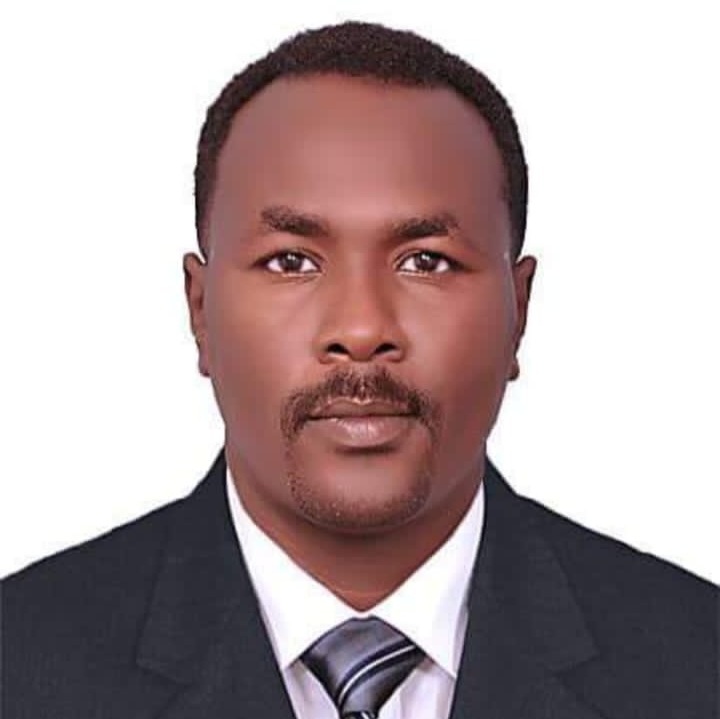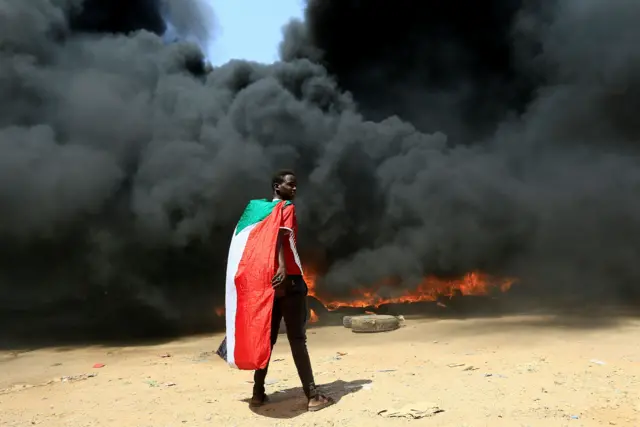Despite the challenges of war, the role of Sudanese youth, women, and civil society organizations remains crucial in achieving peace and stability in Sudan.

Mohammed Abdallah
Director of the Nubian Center for Peace and Democracy.
Mohamed.yahya@nubian-cpd.com.
The Sudanese war that erupted on April 15, 2023, has had catastrophic and devastating consequences for Sudan and its people. This war is unique in the context of modern Sudanese history, as it has led to the destruction of vital infrastructure such as hospitals, schools, roads, bridges, and has significantly impacted the lives of civilians. It has caused the largest humanitarian crisis in the world, leading to the displacement and displacement of millions of civilians, in addition to a severe economic downturn, further exacerbating the suffering of civilians, especially women and children.
This war is not merely a military conflict but a struggle for power and resources. Its effects have extended beyond Sudan to neighboring countries, threatening regional and international stability. If this war continues, its effects will last for decades to come.
The repercussions of this Sudanese war are rooted in deep-seated political, social, and economic challenges within Sudan, as well as the intertwined interests of domestic and foreign forces. The “struggle for power” is one of the main reasons that led to the outbreak of the conflict, in addition to the intense competition between the Sudanese Armed Forces and the Rapid Support Forces for influence and control over the state’s institutions and resources. Furthermore, the disagreement over the process of democratic transition in Sudan, the nature of the transitional period, and the speed of handing over power to civilians are also among the causes of the war. Another reason for the war is the competition over Sudan’s vast economic resources, such as gold and oil.
The intervention of regional powers in the Sudanese conflict to support one side at the expense of the other has exacerbated and complicated the crisis.
The escalation of the war crisis in Sudan necessitates all Sudanese people and their civil society organizations to exert more efforts, unite their ranks, and play a pivotal role in stopping this ongoing war. However, the Sudanese people, particularly the youth and women, have shown remarkable resilience and are leading efforts to restore peace. Their unwavering commitment to a democratic future for Sudan is a beacon of hope.
After the glorious Sudanese revolution that erupted in December 2018, which was the first spark that united large segments of the Sudanese people, the Sudanese people and their civil society organizations must continue their struggle to achieve peace, stability, and the restoration of the democratic civilian path in Sudan.
The Sudanese people must rise up to stop this chaos that is happening in the country, exert maximum pressure on the warring parties, and express their desire through peaceful demonstrations and protests. They must send a clear message to the warring parties that the Sudanese people reject war and want peace. They must raise awareness of the Sudanese cause, mobilize international public opinion to support the Sudanese people, draw the attention of the international community to the suffering of the Sudanese people, and encourage it to intervene in all possible ways to stop this war.
Despite these challenges, the role of Sudanese women, youth, and civil society organizations remains crucial in achieving peace and stability in Sudan. Their voice represents the conscience of the Sudanese people, and they are the hope for building a better future for the country.
To end this senseless violence, the international community must support the Sudanese people’s aspirations for peace and provide humanitarian assistance.
Sudanese youth and civil society organizations must continue to advocate for dialogue, reconciliation, and a just transition.

